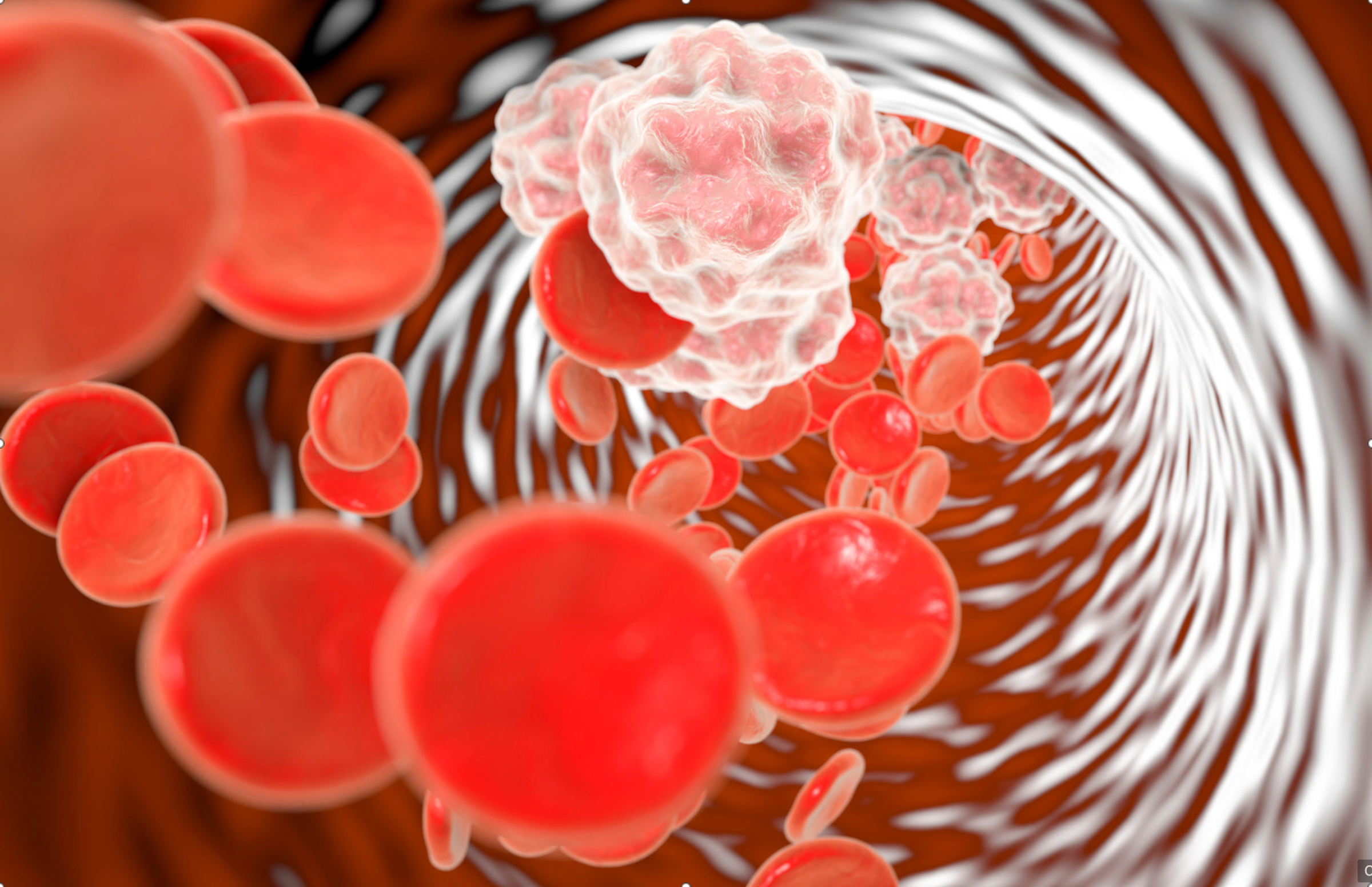Understanding Inflammation
Before delving into NMN’s role in inflammation management, it’s essential to grasp the fundamentals of inflammation. Inflammation is the body’s response to injury, infection, or irritation. It involves a complex interplay of immune cells, cytokines, and signalling pathways. Acute inflammation is typically short-lived and serves a protective function. However, chronic inflammation, characterised by sustained immune activation, can contribute to tissue damage and disease progression.
The Role of NMN in Cellular Function
NMN is a precursor to nicotinamide adenine dinucleotide (NAD+), a coenzyme involved in various cellular processes, including energy metabolism, DNA repair, and gene expression regulation. NAD+ levels decline with age, leading to impaired cellular function and increased susceptibility to age-related diseases. By boosting NAD+ levels, NMN supplementation holds promise for enhancing cellular health and combating age-related decline.
NMN’s Anti-Inflammatory Mechanisms
Emerging research suggests that NMN may exert anti-inflammatory effects through multiple mechanisms. Firstly, NMN enhances the activity of sirtuins, a class of proteins with anti-inflammatory and longevity-promoting properties. Sirtuins regulate various cellular processes, including inflammation, by modulating gene expression and protein function. By activating sirtuins, NMN may dampen inflammatory signaling pathways, thereby reducing inflammation.
Secondly, NMN boosts NAD+ levels, which in turn activate enzymes such as poly(ADP-ribose) polymerases (PARPs) and sirtuins. These enzymes play pivotal roles in DNA repair, oxidative stress response, and inflammation modulation. By bolstering NAD+ levels, NMN enhances the cell’s ability to repair DNA damage and mitigate oxidative stress, both of which contribute to chronic inflammation.
Moreover, NMN’s influence on mitochondrial function is integral to its anti-inflammatory effects. Mitochondria are the cell’s powerhouses responsible for energy production and play a crucial role in inflammation regulation. NMN supplementation enhances mitochondrial function and biogenesis, leading to improved energy metabolism and reduced inflammation.
Clinical Evidence Supporting NMN’s Anti-Inflammatory Effects
While much of the research on NMN’s anti-inflammatory properties is preclinical, several studies have demonstrated promising results. In a study published in Cell Reports, researchers found that NMN supplementation attenuated age-associated inflammation in mice by restoring NAD+ levels and enhancing sirtuin activity. Similarly, a study published in Nature Communications showed that NMN administration ameliorated inflammation-induced cognitive decline in aged mice by improving mitochondrial function and reducing oxidative stress.
Furthermore, human clinical trials have begun to explore NMN’s potential as an anti-inflammatory agent. A randomised, double-blind, placebo-controlled trial published in the Journal of Clinical Investigation investigated the effects of NMN supplementation on systemic inflammation markers in middle-aged and older adults. The results showed that NMN supplementation led to significant reductions in inflammatory markers such as C-reactive protein (CRP) and interleukin-6 (IL-6), suggesting its potential as a therapeutic intervention for inflammation-related conditions.
Potential Applications of NMN in Inflammation Management
The promising preclinical and clinical findings surrounding NMN’s anti-inflammatory properties highlight its potential as a therapeutic agent for managing inflammation-related conditions. NMN supplementation may offer benefits for individuals suffering from chronic inflammatory diseases such as rheumatoid arthritis, inflammatory bowel disease, and atherosclerosis. By targeting underlying inflammatory pathways and enhancing cellular function, NMN has the potential to complement existing treatment strategies and improve patient outcomes.
Moreover, NMN’s safety profile and tolerability make it an attractive option for long-term use. Unlike traditional anti-inflammatory medications, which may carry side effects such as gastrointestinal issues and immune suppression, NMN supplementation appears to be well-tolerated with minimal adverse effects reported in clinical trials. This makes NMN a viable candidate for adjunctive therapy in managing chronic inflammation while minimising the risk of adverse reactions.
Conclusion
In conclusion, NMN holds promise as a therapeutic intervention for inflammation management. Through its ability to enhance cellular function, modulate inflammatory signalling pathways, and mitigate oxidative stress, NMN supplementation may offer a novel approach to combating chronic inflammation and its associated health complications. While further research, including large-scale clinical trials, is warranted to elucidate NMN’s full therapeutic potential, the existing evidence underscores its significance in the field of inflammation research and its potential to revolutionise the treatment landscape for inflammatory diseases.

